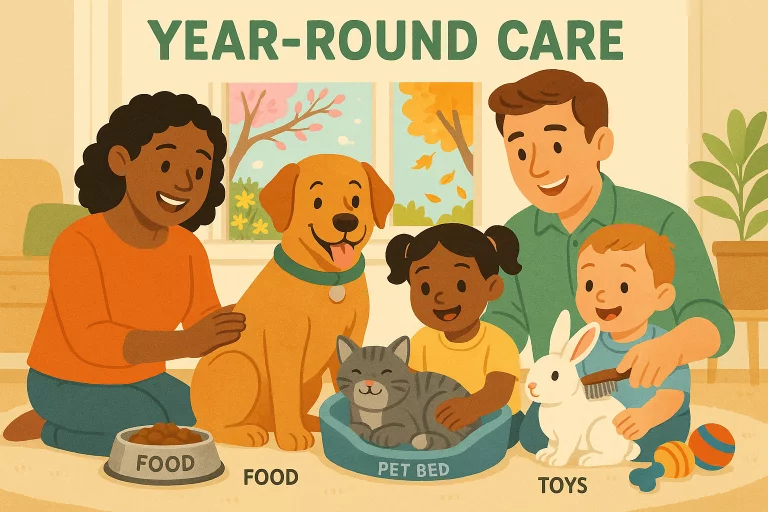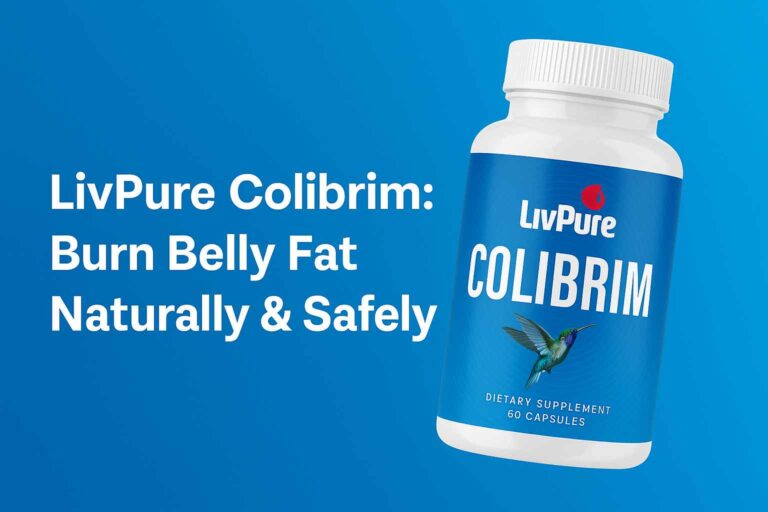How to Keep Your Pets Healthy Year Round
Key Takeaways:
- Regular veterinary check-ups are essential for the early detection of health issues.
- A balanced diet tailored to your pet’s needs supports overall well-being.
- Consistent exercise and mental stimulation prevent obesity and behavioral problems.
- Seasonal care adjustments protect pets from weather-related health risks.
Table of Contents:
- Regular Veterinary Check-Ups
- Balanced Nutrition
- Regular Exercise and Mental Stimulation
- Preventive Healthcare
- Dental Care
Providing for your pet’s well-being throughout the year requires more than love and companionship—it means creating a comprehensive care routine that caters to their physical and emotional needs. The foundation of any proactive pet care approach is a partnership with a trusted provider of veterinary services Houston, TX, ensuring that your furry companion receives timely intervention and expert guidance as they move through different life stages. Working alongside experienced veterinary professionals lets you anticipate health risks before they become problems. It empowers you with the knowledge to tailor your care as your pet ages or their needs evolve.
Maintaining your pet’s health is an ongoing responsibility that includes attentive observation, healthy lifestyle choices, and adapting care routines to meet seasonal needs. Whether you share your home with a boisterous puppy, a spirited kitten, or a dignified senior pet, each companion deserves vigilant attention and compassion.
Regular Veterinary Check-Ups
Routine veterinary check-ups are the backbone of effective pet care, acting as the first defense against various illnesses and conditions. Even if your pet seems in perfect health, these appointments are vital because many diseases and disorders can develop with few outward symptoms. Annual or bi-annual wellness exams provide a golden opportunity for professionals to conduct a nose-to-tail assessment, monitor ongoing concerns, and maintain vaccination schedules appropriate for your pet’s exposure risks and lifestyle. Keeping these appointments ensures that any subtle weight, behavior, or physical condition changes are promptly detected and addressed.
Veterinarians can also tailor their advice to your pet’s profile, factoring in age, breed, genetic predispositions, and existing medical conditions. This personalized approach means you receive proactive recommendations from specialized diets and exercise plans to targeted prevention for hereditary issues.
Balanced Nutrition
What your pet eats directly affects every facet of their health: from energy levels and immunity to coat quality and longevity. Nutrition should be chosen carefully, considering species, age, breed, activity level, and any health complications your pet may face. Puppies, kittens, working breeds, lactating animals, and seniors require varying ratios of key nutrients—such as proteins, fats, vitamins, and minerals—to thrive. Offering the wrong diet can impede healthy development or worsen existing health issues, so always select food that matches your pet’s stage of life and specific health requirements.
Proper portion sizing is equally important. Overfeeding can lead to obesity, which increases the risk of diabetes, joint pain, and heart conditions. Conversely, underfeeding or offering an unbalanced diet can leave your pet malnourished. Access to clean, fresh water is always critical, and treats or table scraps should be used sparingly to avoid upsetting the balance. Consulting your veterinarian can provide essential clarity if you’re ever uncertain about the right dietary strategy.
Regular Exercise and Mental Stimulation
Consistent exercise is one of the most powerful tools for maintaining your pet’s healthy weight, cardiovascular strength, and muscle tone. Dogs often require daily walks, playtime in secure yards, or even structured agility courses to expend energy and stay engaged, stimulating both mind and body. While sometimes more independent, cats greatly benefit from play sessions with feather wands, interactive toys, or climbing and scratching posts. Small mammals, birds, and other companion animals also require customized environments and activities that allow them to perform natural behaviors and stay sharp.

Equally important is mental stimulation, which prevents boredom, stress, and anxiety-driven behaviors such as destructive chewing, excessive barking, or compulsive grooming. Puzzle feeders, rotating toys, scent games, and regular training reinforce positive habits and produce a more relaxed, contented companion.
Preventive Healthcare
Preventive care forms an essential shield for your pet, minimizing the risk of diseases that could significantly impact their quality of life. This strategy includes timely vaccinations to safeguard against infectious diseases, year-round parasite prevention to defend against fleas, ticks, and heartworms, and regular health screenings to catch developing problems as early as possible. Such diligence is crucial because, left untreated, many of these conditions can quickly escalate into severe and costly issues.
Set up reminders on your phone or calendar to renew preventive treatments each month or season. Ask your veterinarian for guidance about emerging health threats in your region or hazards specific to your pet’s habits. With prompt and consistent preventive healthcare, you extend your pet’s lifespan and ensure that it lives more comfortably and free from preventable pain and discomfort.
Dental Care
Oral health is a critical but frequently overlooked part of overall pet well-being. Dental disease can lead to chronic pain, tooth loss, difficulty eating, and even infections that may spread to vital organs such as the heart, liver, or kidneys. Establishing a dental care routine at home—with pet-safe toothpaste and regular brushing—significantly reduces the accumulation of plaque and tartar. Dental chews, special diets, or toys designed for oral health can further boost your efforts.
Professional dental cleanings, performed under anesthesia by your veterinarian, are recommended for a deep clean and thorough inspection. Be alert for warning signs such as persistent bad breath, red or swollen gums, reluctance to eat, or unusual drooling, and seek immediate veterinary attention if any of these appear. Prioritizing dental care saves your pet from future discomfort and supports a longer, healthier life.







